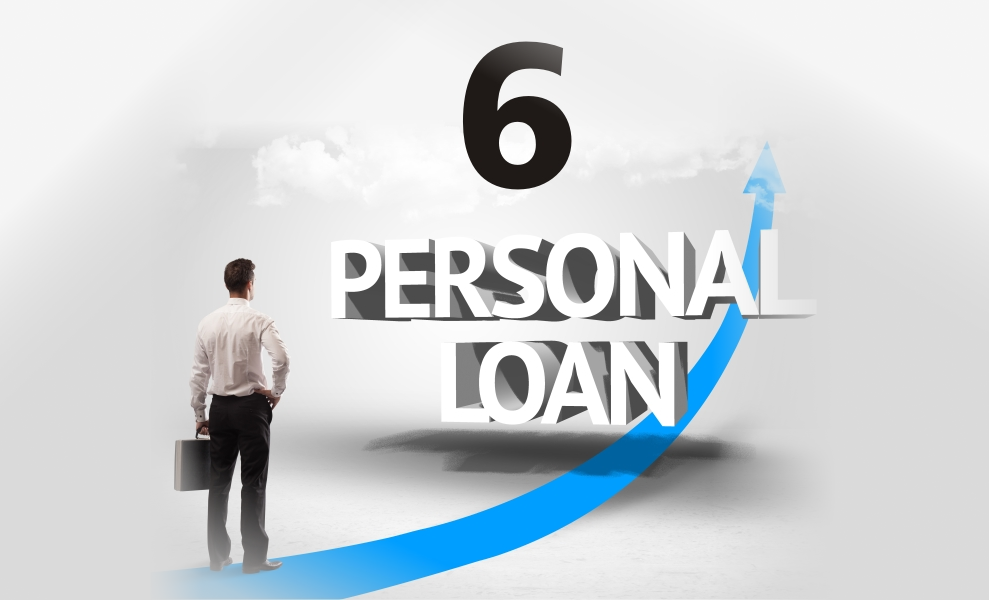
PERSONAL LOAN INTEREST RATES
RISE OF PERSONAL LOANS IN INDIA
According to the Reserve Bank of India (RBI), personal loans are becoming increasingly popular. In its 2024 Financial Stability Report, the RBI highlighted a rise in personal loan demand, reflecting India’s changing financial landscape. Household savings have declined, and more people are turning to personal loans to meet their financial needs. Commercial banks in India saw a 27.5% increase in personal loan issuance between 2023 and 2024, suggesting that people are borrowing more to fund their consumption and investments. Read more Singapore licensed money lender
KEY FACTORS AFFECTING INTEREST RATES
2.1 CREDIT SCORE
One of the most significant factors that influence personal loan interest rates is the borrower’s credit score. A credit score reflects an individual’s financial habits and payment history over time. People with a high credit score, typically above 730, are more likely to receive favourable interest rates. A low score, particularly below 600, may result in higher interest rates or even disqualification from certain lenders.
2.2 CURRENT DEBT LEVELS
Lenders consider a borrower’s current debt, including any existing loans or credit card balances. The debt-to-income ratio—how much of the borrower’s monthly income goes toward debt payments—is an important indicator of financial health. A high debt-to-income ratio suggests that the borrower may struggle with additional debt, which can lead to higher interest rates.
2.3 INCOME STABILITY AND EMPLOYMENT HISTORY
Regular and steady income is essential for loan approval and can impact interest rates. Lenders generally favor borrowers who have a stable job and consistent income, as this suggests a lower likelihood of default. Self-employed individuals or those with fluctuating incomes might face higher rates due to the perceived risk of missed payments.
2.4 LOAN AMOUNT AND TENURE
The amount borrowed and the loan term also affect interest rates. Shorter loan terms usually come with lower interest rates, while longer terms may have higher rates due to the increased risk for lenders over time. Borrowing larger amounts might also lead to slightly lower rates, depending on the lender’s policies.
2.5 BANKING RELATIONSHIP
Maintaining a good relationship with your bank can lead to better interest rates and loan offers. If you have an account, fixed deposits, or other financial products with your bank, they may offer you pre-approved loans at competitive rates. Banks are more willing to provide favorable terms to customers with whom they have established trust and history.
TIPS FOR OPTIMISING LOAN COSTS
To get the best possible interest rate on a personal loan, it’s important to maintain good financial habits:
Improve Your Credit Score: Regularly check and manage your credit score. Paying bills and existing debts on time can help improve your score.
Manage Debt: Avoid taking on too many loans at once, as this can increase your debt-to-income ratio and affect loan eligibility.
Shop Around: Compare loan offers from multiple lenders, including banks, non-banking financial companies (NBFCs), and online lenders. Rates and conditions may vary from lender to loan.
Read the Fine Print: Be sure to review loan terms carefully for hidden fees or penalties, such as prepayment charges that may increase the cost of your loan.


